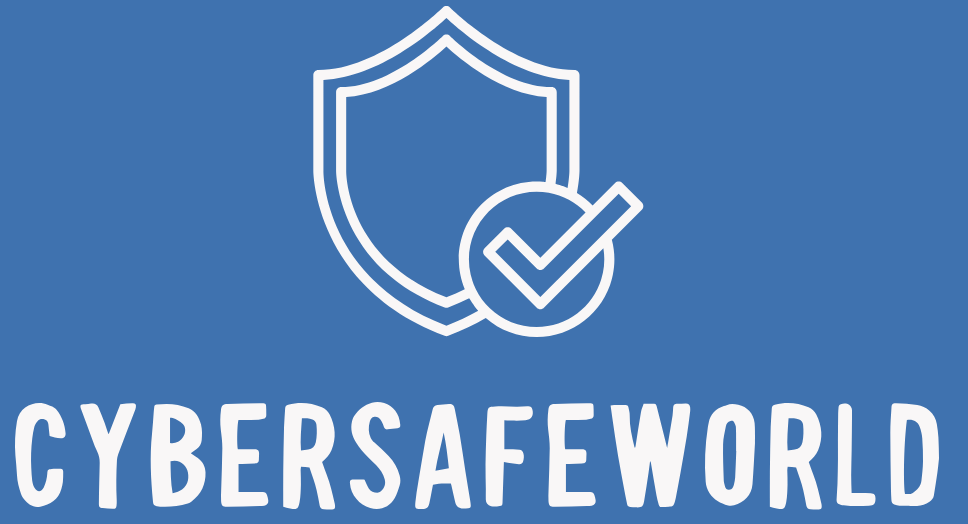Social media is where most of us spend hours every day — scrolling through TikTok, posting on Instagram, tweeting updates, or checking LinkedIn. It’s how we connect, share, and stay informed. But the same platforms that make life more social also make it easier for scammers, hackers, and identity thieves to gather information about you.
Think about it — when you post your birthday, location, school, job, or even photos with visible street signs, you’re giving away clues about your life. Cybercriminals don’t need much to start building a profile on you. Even something as simple as your pet’s name (which many people use in their passwords) can help them guess your login credentials.
In one real-world example, a group of scammers created fake Instagram accounts using public photos from people’s real profiles. They then messaged friends and family asking for “emergency money transfers.” It worked because the fake accounts looked identical — same pictures, same captions, same usernames with a tiny change (like “@john_smith” becoming “@john_smiith”). A few victims even sent money before realizing they’d been tricked.
So, how do you stay safe without deleting all your accounts? Here are some smart ways to protect yourself while still enjoying social media:
1. Review your privacy settings.
Most platforms let you control who sees your posts, photos, and personal info. Make your account private, limit who can tag you, and hide sensitive details like your email or phone number.
2. Think before you share.
Before posting, ask yourself: “Would I be okay if a stranger saw this?” Avoid sharing things like your exact location, travel plans, or personal documents (even those “fun” boarding pass photos — they reveal your name and flight number).
3. Watch out for oversharing in bios and posts.
Listing your full name, school, birthday, or city might make you easier to find, but it also makes you easier to impersonate or scam. Keep personal details vague if possible.
4. Be skeptical of messages and friend requests.
If someone messages you asking for money, codes, or personal info — even if it looks like a friend — double-check by contacting them another way. Scammers often clone real profiles.
5. Avoid third-party quizzes and apps.
You know those “Which Disney character are you?” quizzes? Many of them collect personal data from your profile or friends list. Skip them unless they come from verified sources.
6. Log out on shared devices and use 2FA.
Always log out when using public computers, and turn on two-factor authentication for extra protection.
According to Pew Research, over 70% of Americans worry about their personal information being shared without permission — and for good reason. The more info you put online, the easier it is for bad actors to take advantage of it.
Social media isn’t the enemy — it’s about how you use it. Sharing is fun, but privacy is power. The less personal data you give away, the harder it is for anyone to misuse it.
At CyberSafeWorld, our mission is to help you stay confident and secure in every click and post. Social media should be about connection, not risk. So next time before you share — pause, think, and protect your digital self.
